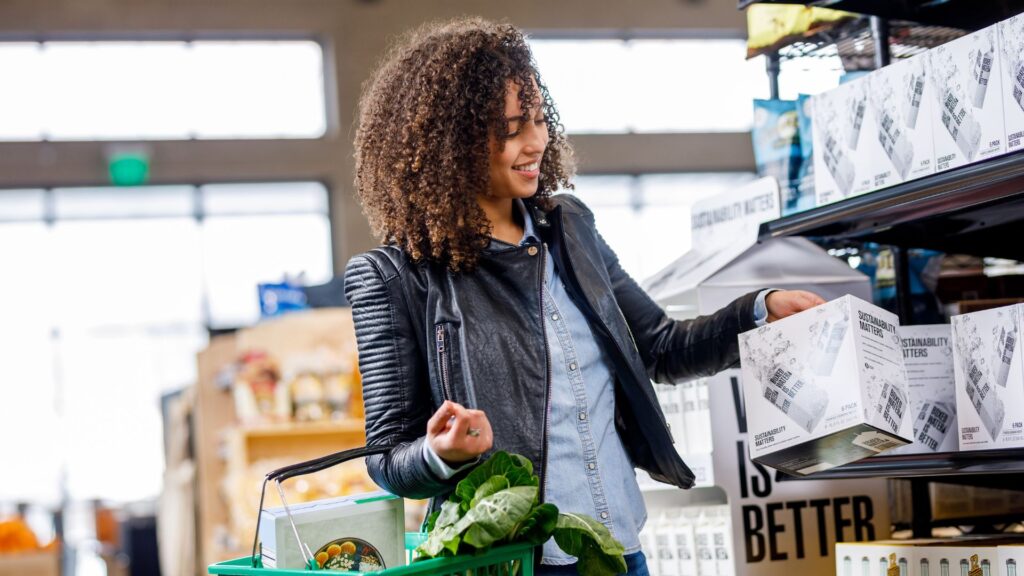Estimated reading time: 3 minutes
Years ago, when my depression was quite bad, I had wished for simplicity in some of my weekly errands that would allow me the least amount of human interaction. Get in, get out, and get home. This was long before I saw my first self-checkout machine, when I, like everyone else, no matter how we were feeling, had to engage in polite conversation with a complete stranger. Those interactions on difficult days often made me anxious.
When my dad and I go to the grocery store together, he comments on the self-checkout section, grumbling about “these machines” and how impersonal they are. He goes on about how annoying they can be with their robotic, “please put item in bagging area,” and how “these machines” have a negative impact on the workforce.
And he’s right. These machines are impacting jobs. But while he goes on about how terrible these machines are for people who need to work, I am silently happy for their existence. It’s not that I am anti-worker, far from it. However, “these machines” make my grocery shopping experience bearable, especially during times when I’m really struggling with my depression and my ADHD is on hyperdrive from sensory overload.
When I’m at my lowest, it’s hard to hold a conversation, especially with clerks, servers, and baristas. I don’t want to be rude, but small talk has never been my thing, even with people I like, and it’s almost painful to participate in such conversation with a stranger when I can barely function. The self-checkout aisle can get me in and out fast without having to engage in clichéd observations about the weather or how we feel about a specific day of the week when all I want to do, is curl up with my cat and binge on ‘Veronica Mars’.
And while I explain this to my father, he doesn’t seem to understand. He wants to; he really does. I’m lucky that I can talk to my dad about my mental health and how mental illness can affect each person completely differently it is still difficult for him to connect the dots on how an autonomous machine enables me to go out and get what I need. And I understand where he’s coming from as well, because people who aren’t living with mental illness don’t see things the way we do or are affected by the ‘normal’ routines of daily life in a way that can often sap our energy.
Stores can be stressful for those of us living with mental illness. Picture yourself in a 10’ X 10’ room, standing under the brightest lights you can possibly imagine, add in about 10-15 other people, a dash of strong odours, and a cacophony of bells, music, and voices. If you are able to picture this, you might understand why grocery shopping can be a little overwhelming when you are neurodivergent.
That is why I have modified how I approach some of my daily tasks, like grocery shopping. I shop early to avoid crowds (and I mean EARLY!), I know what I need when I go to a store to avoid becoming overwhelmed, and I use a self-service checkout machine as my safe space. Here are a few other tips for shopping:
- Order groceries or supplies online for delivery if possible.
- Avoid long trips by breaking up your visits.
- Make your shopping list according to the layout of the stores so you can go in order and avoid back tracking.
- Use earplugs or listen to your favourite music while shopping.
- Try peppermint candy when feeling stressed.
- Give yourself permission to leave if things go unexpectedly.






